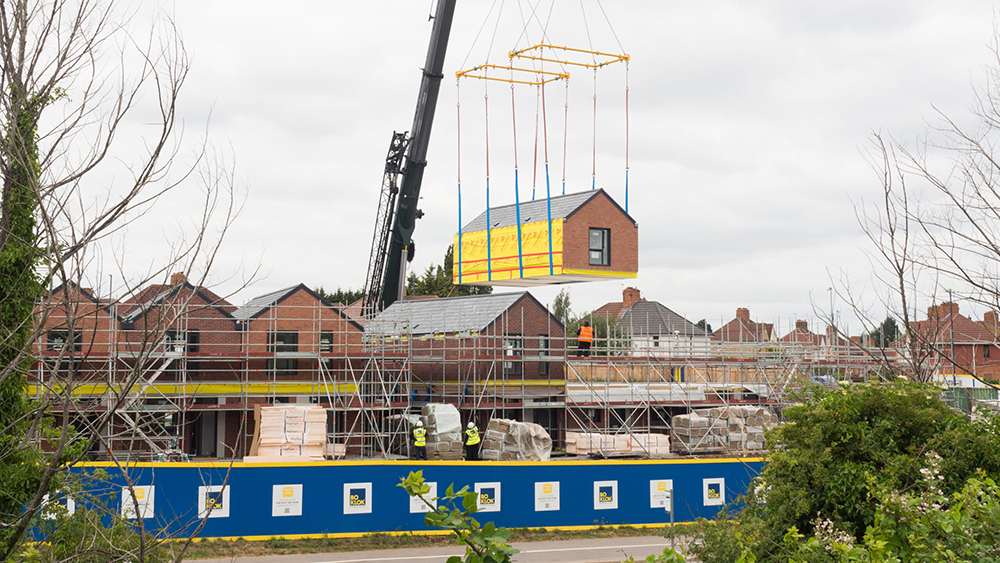
The management of data and the interoperability of digital tools is key to ensuring logistics can play a pivotal role in the transition to offsite construction.
That was one of the key findings from a workshop, jointly run by the Construction Innovation Hub and Buildoffsite. A range of industry stakeholders – from logistics experts, designers and tier 1 contractors to manufacturers, consultants and building control – took part in the workshop to debate the outcomes of a gap analysis conducted by the Construction Innovation Hub.
The analysis reviewed the main stages of the construction process through a logistics lens, from planning and design to transport and assembly to identify the gaps that industry – along with relevant government departments, policymakers and research programmes – need to address.
The Construction Innovation Hub noted: “While the footprint of the logistic chain spans the entire life cycle of a project – from the design and manufacturing stages of a project to the delivery, assembly and operation of a final asset – it is a process that is traditionally only considered at a later delivery stage, not early in the planning phase. However, it is crucial that design and logistics planning engineers collaborate as early as possible to unlock the benefits of manufacturing-led approaches.”
The workshop identified the following needs and barriers:
- Exploration of the development of product templates that incorporate information requirements for logistics
- Clear communication of data needed to assess manufacturing and logistics capabilities
- Development of unified approaches to data management and record keeping for logistics activities, to align with the industry shift to information management frameworks. Different protocols for record keeping and the wide range of recorded data were identified as barriers
- Ensuring interoperability between digital tools adopted across the supply chain to allow information flow and transparency
- Integration of carbon footprint assessment of logistics strategies within a digital tool, to support the decision-making process from an early stage of the project. This will need to be supported by the capturing of real data to support assessment procedures.
The Construction Innovation Hub concluded: “The workshop confirmed the main findings of the gap analysis research and set the path for future development of an efficient and sustainable logistics framework that will directly contribute to the reduction of whole-life costs, delivery time and environmental impact of offsite construction projects.”













